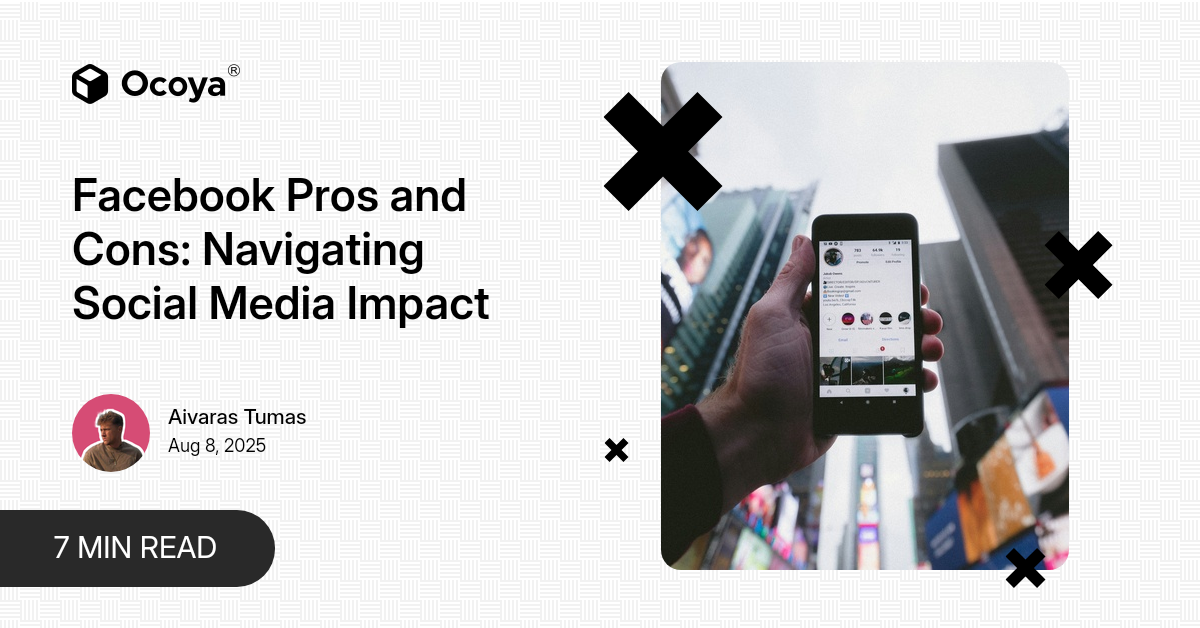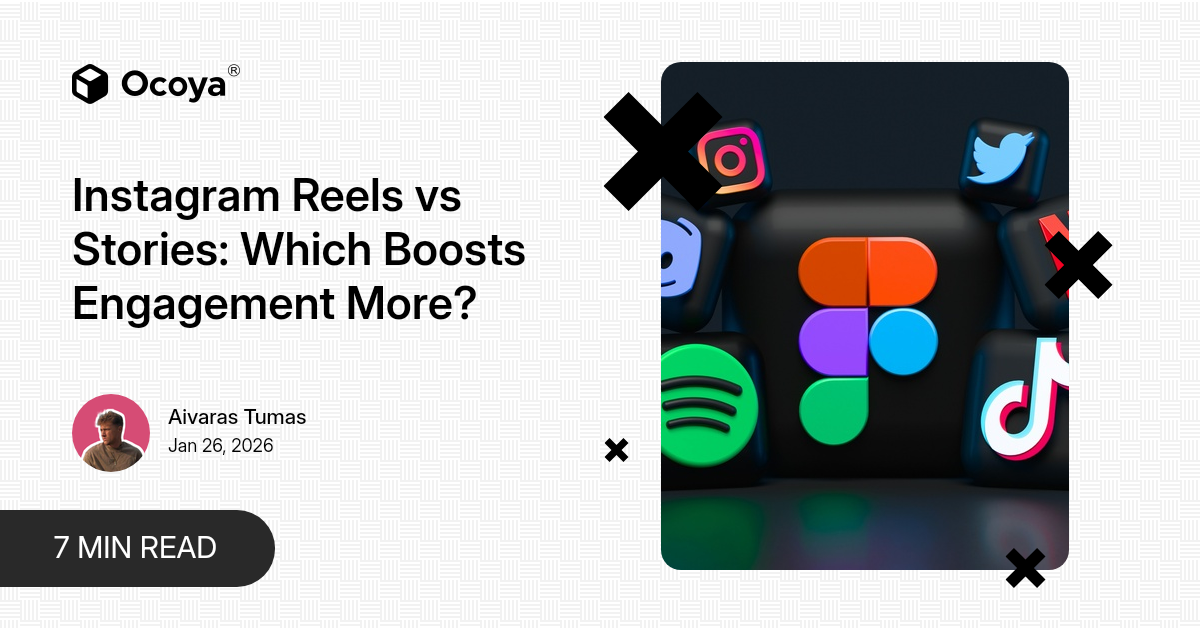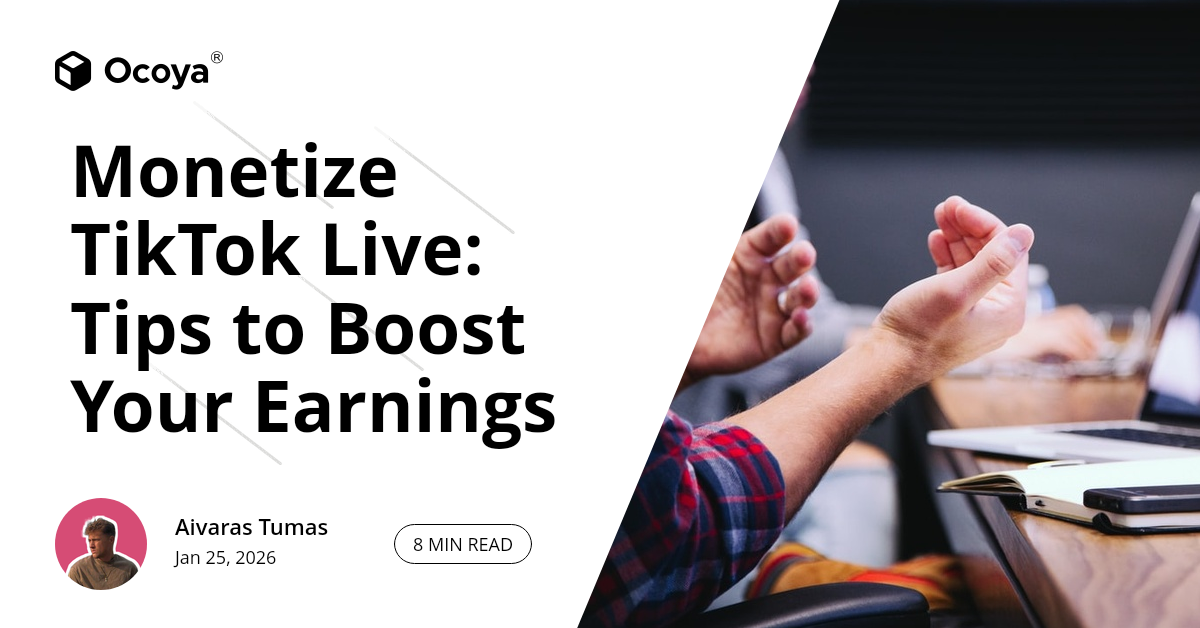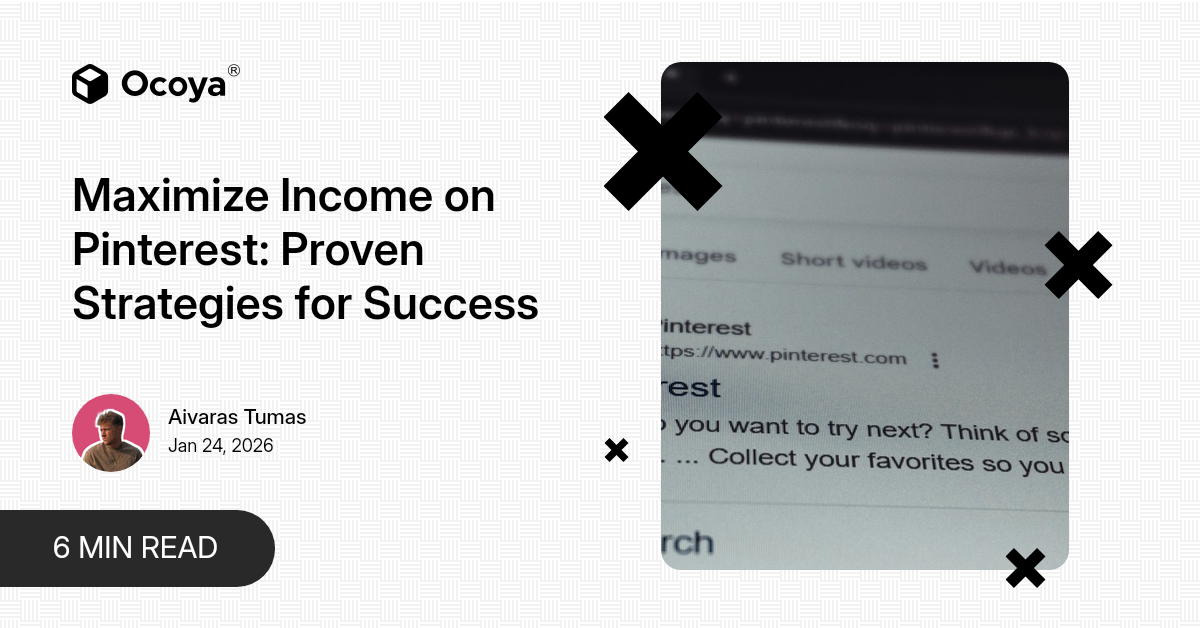
August 8, 2025
Marketing
Facebook Pros and Cons: Navigating Social Media Impact

In the rapidly evolving landscape of social media, Facebook stands out as a behemoth with its mix of incredible benefits and notable drawbacks. Understanding the intricate details of the pros and cons of Facebook can offer insights into your social media strategy, ensure informed decisions, and help maximize your digital marketing efforts.
Facebook, founded in 2004 by Mark Zuckerberg, has transformed into a ubiquitous platform with over 2.9 billion monthly active users as of 2023. Its impact on communication, brands, businesses, and personal lives is profound. While it offers a multitude of opportunities, it also brings along some challenges. Let's dive into a thorough analysis of Facebook, exploring its advantages and disadvantages.
The Pros of Facebook
Unparalleled Reach and Connectivity
Facebook excels in creating connections, providing an unparalleled platform to stay in touch with friends, family, and colleagues around the globe. Its vast user base means that almost everyone you know is likely to have a presence on Facebook, making it an ideal platform for maintaining personal and professional relationships.
Effective Marketing and Advertising Tool
One of the most significant advantages for businesses is Facebook's targeted advertising capabilities. It uses advanced algorithms to help businesses reach their desired audience. With features like custom audiences, lookalike audiences, and detailed analytics, Facebook empowers businesses to design precise marketing campaigns that maximize their ROI.
Vast Audience Insights
Facebook provides marketers with detailed insights into the behaviors, preferences, and demographics of their audience. This data is invaluable, enabling brands to tailor their content to meet the needs and interests of their target audience, leading to improved engagement and conversions.
Community Building
Facebook allows users to create and join communities centered around common interests. Whether it's a public page, a private group, or a fan club, these communities foster a sense of belonging and facilitate meaningful interactions among like-minded individuals. For businesses, this means creating loyal and engaged customer bases.
Event Promotion
Whether you’re organizing a small gathering or a large corporate event, Facebook Events offer an effective way to promote and manage event invitations. The platform allows you to send invites, track RSVPs, and engage with potential attendees. The visibility of these events can also be enhanced through targeted ads.
Customer Feedback and Interaction
Facebook provides a direct line of communication between brands and their customers. Businesses can receive feedback, respond to queries, and engage in real-time conversations. This interaction builds trust and loyalty, and also provides opportunities for improving products and services based on customer input.
Brand Awareness and Loyalty
Businesses can establish a strong online presence and enhance their brand visibility by consistently posting engaging content. Interactions through likes, shares, and comments help in building a loyal customer base. Moreover, positive user-generated content and reviews can significantly boost a brand’s reputation.
Entertainment
From funny memes to viral videos, Facebook offers endless entertainment. This facet of Facebook not only keeps users engaged but also provides businesses with opportunities to use entertaining content to capture attention and boost organic reach.
The Cons of Facebook
Privacy Concerns
While Facebook provides extensive opportunities for connecting and sharing, it’s not without significant privacy concerns. Users often have to share personal information that can be exposed to data breaches. The Cambridge Analytica scandal is a prime example of how data can be misused, raising serious privacy issues. Users must be vigilant about their privacy settings and the information they share.
Time Consumption
Facebook can be highly addictive, leading to a significant amount of time spent scrolling through feeds. This can reduce productivity and impact mental health. The platform is designed to keep users engaged, often drawing them into extended periods of usage that may not always be beneficial.
Spread of Misinformation
Facebook has been criticized for its role in spreading misinformation and fake news. The platform has implemented measures to combat this issue, but it remains a persistent challenge. Misinformation can have serious implications, influencing public opinion and even election outcomes.
Algorithm Changes
Facebook's algorithm determines what content appears in users' feeds, and frequent changes can significantly impact the reach and engagement of posts. For businesses, this means that strategies that work today might not be effective tomorrow, necessitating continuous adaptation to the evolving algorithm.
Advertising Costs
While Facebook Ads can be highly effective, they come at a cost. The more competitive an industry, the higher the cost per click (CPC) and the cost per conversion. For small businesses with limited budgets, this can be a challenging aspect of leveraging Facebook for marketing purposes.
Potential for Negative Feedback
The open nature of Facebook allows customers to post negative reviews and feedback publicly. While constructive criticism is valuable, it can also attract negative attention that might harm a brand's reputation. Handling such situations requires strategic communication and crisis management skills.
Data Dependency
For businesses, successful marketing on Facebook requires a deep understanding of data and analytics. Without the ability to interpret and leverage this data effectively, campaigns can fail to achieve their goals. This dependency on data can be overwhelming for those not familiar with analytics.
Overwhelming Amount of Content
With so much content being shared on Facebook, it can be challenging to stand out and capture attention. Users are bombarded with posts, ads, and updates, making it harder for brands to ensure their content is noticed and engaged with by their target audience.
Strategies to Maximize Facebook Advantages
Privacy Management
To mitigate privacy concerns, regularly review and update your privacy settings. Be cautious about the information you share and who can see it. Utilize Facebook’s privacy tools to control who has access to your profile and content. Employing two-factor authentication and keeping your software up to date can also enhance your account security.
Time Management
Set daily or weekly limits for your Facebook usage to prevent it from becoming a time-consuming habit. Take advantage of in-built tools like the "Your Time on Facebook" feature, which provides insights into how much time you spend on the platform, enabling you to set usage reminders. Balancing your time on social media with offline activities can enhance your overall productivity and well-being.
Combating Misinformation
Always verify the information before sharing it. Fact-checking websites and reliable news sources can help ensure the accuracy of the content. By being a responsible consumer and distributor of content, you contribute to a healthier information ecosystem on Facebook.
Adapting to Algorithm Changes
Stay informed about Facebook’s algorithm updates by following relevant blogs, forums, and official announcements. Experiment with different content types and posting times to see what works best. Utilizing a balanced mix of organic and paid strategies can help you maintain consistent visibility despite algorithm changes.
Effective Budgeting for Ads
Set clear objectives and allocate your budget wisely. Start with a small budget to test and optimize your campaigns before scaling up. Use Facebook’s extensive targeting options to ensure your ads reach the most relevant audience, minimizing wasted spend and maximizing ROI.
Handling Negative Feedback
Have a plan in place for addressing negative feedback. Respond promptly and professionally to customer complaints, showing that you value their concerns. Use negative feedback constructively to make improvements. Highlight positive reviews and user-generated content to balance out any negativity. Open communication channels demonstrate that your brand is responsive and customer-focused.
Mastering Data Analytics
Invest in learning how to analyze and interpret data. Facebook offers a range of analytics tools that provide deep insights into audience behavior and campaign performance. Utilize these tools to identify trends, optimize your strategy, and make data-driven decisions. If necessary, consider hiring a data analyst or using AI-powered tools like Ocoya to streamline and enhance your analytics processes.
Content Differentiation
Craft unique, high-quality content that resonates with your audience. Video content, engaging visuals, and interactive posts can help you stand out. Consistency in posting and maintaining a unified brand voice will also aid in distinguishing your content from the clutter.
Conclusion
Facebook remains a powerful tool for personal interactions and business growth, but it’s essential to navigate its pros and cons strategically. By leveraging the platform's strengths and addressing its challenges head-on, you can achieve an effective and balanced social media presence. Facebook's potential for connectivity, marketing, and engagement is unparalleled, yet it requires a keen understanding and active management to truly harness its benefits.
To optimize your social media strategy and make the most of your Facebook marketing, consider using a comprehensive tool like Ocoya. With its AI-powered content creation, scheduling, and analytics capabilities, Ocoya simplifies the complexities of social media management. Try Ocoya for a free trial and transform your social media approach today.
Key Takeaways
Unparalleled Reach and Connectivity: Facebook connects a vast global audience.
Effective Marketing and Advertising Tool: Offers targeted ad campaigns for precise audience reach.
Privacy Concerns: Be vigilant about your privacy settings to protect personal data.
Time Consumption: Manage your social media time to enhance productivity.
Spread of Misinformation: Always verify information before sharing to maintain trust.
Data Dependency: Understanding analytics is key to effective marketing on Facebook.
Content Differentiation: Create unique, engaging content to stand out in a crowded feed.

Continue Reading
The latest handpicked blog articles.



.svg)

.svg)







